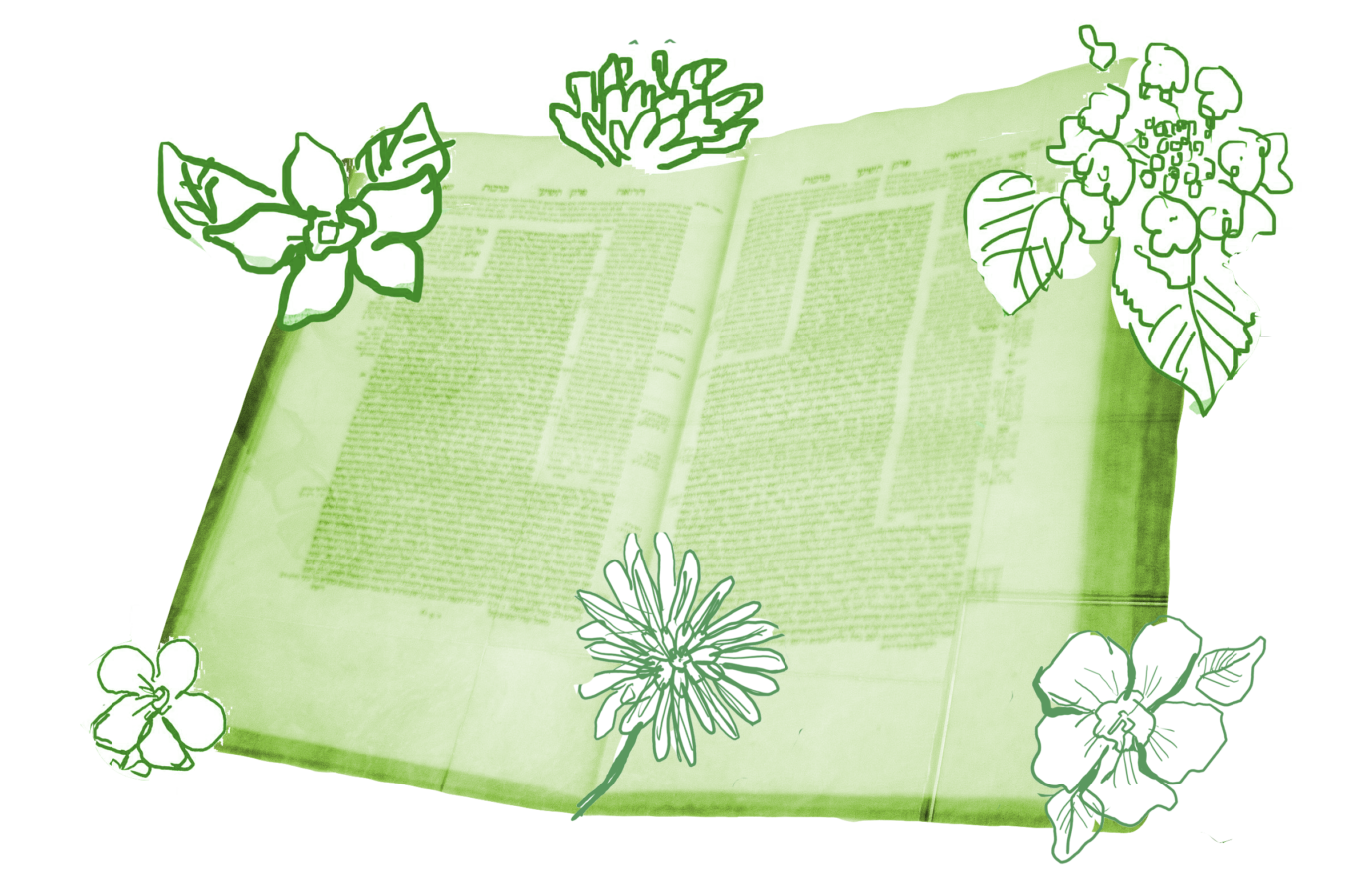It isn’t easy to join the Jewish people as an adult. Our millennia of tradition offer a steep learning curve, and our close-knit communities can be hard to crack. And yet, every generation of the Jewish people has been blessed by the addition of those with the commitment and bravery to surmount these obstacles and join. Today’s daf recognizes this fact as it explores whether those who convert on the fourteenth of Nisan should participate in the paschal offering.
We start with a mishnah:
With regard to a convert who converted on Passover eve, Beit Shammai say: He immerses and eats his paschal lamb in the evening. And Beit Hillel say: One who separates from the foreskin is like one who separates from the grave.
Huh?!? According to Beit Hillel, the removed foreskin is now “dead” and so the now-Jewish person has come into contact with dead flesh and the rules of corpse impurity require a seven-day purification process before he can participate in a ritual sacrifice.
At first glance, Beit Shammai’s position seems to be the more welcoming. After conversion, a Jew-by-choice is a Jew, and so is required to participate in all Jewish ritual immediately. Beit Hillel’s position, on the other hand, seems to be more exclusive, stating that one who becomes Jewish cannot immediately participate in the paschal offering because the act of circumcision causes a disqualifying impurity for seven days.
But the Gemara explains their positions differently:
Beit Hillel hold that there is a rabbinic decree due to a concern that perhaps he will become contaminated by a corpse in the following year and he will say: Last year, didn’t I immerse and eat the paschal lamb? Now also, I will immerse and eat. And he does not know and understand that last year, before his conversion on Passover eve, he was a gentile and therefore he was not susceptible to ritual impurity, but now he is a Jew and is susceptible to ritual impurity.
According to the Gemara, the removed foreskin does not actually make the now-Jewish person impure, because they were really exposed to it before they were Jewish (and according to the rabbis, non-Jews can’t be made ritually impure due to corpse impurity). Instead, Beit Hillel institutes this ruling as a teaching tool, recognizing that someone with a limited Jewish knowledge base might try to extrapolate incorrectly from one experience to another. On the other hand, the Gemara explains, Beit Shammai do not have this concern, assuming that one who has become Jewish will immediately understand these ritual distinctions.
As a general rule, whenever the rabbis cite a dispute between these two, Beit Hillel’s position carries the day. So according to the rabbis, one who converts on the 14th of Nissan does not participate in the paschal offering and is impure for seven days. But this is not designed to be an act of exclusion, to keep the new Jew from participating in the first ritual for which he is potentially eligible. Instead, it is a teaching tool. Rather than assuming that the magic of circumcision imparts all necessary Jewish knowledge, Beit Hillel insists that one who becomes Jewish will continue to learn and explore the wealth of their tradition going forward. And because the paschal offering must be eaten in community, the rabbis ensure that that the community of Jews which they have chosen to join will support them in that learning and exploration.
Read all of Pesachim 92 on Sefaria.
This piece originally appeared in a My Jewish Learning Daf Yomi email newsletter sent on February 21st 2021. If you are interested in receiving the newsletter, sign up here.



